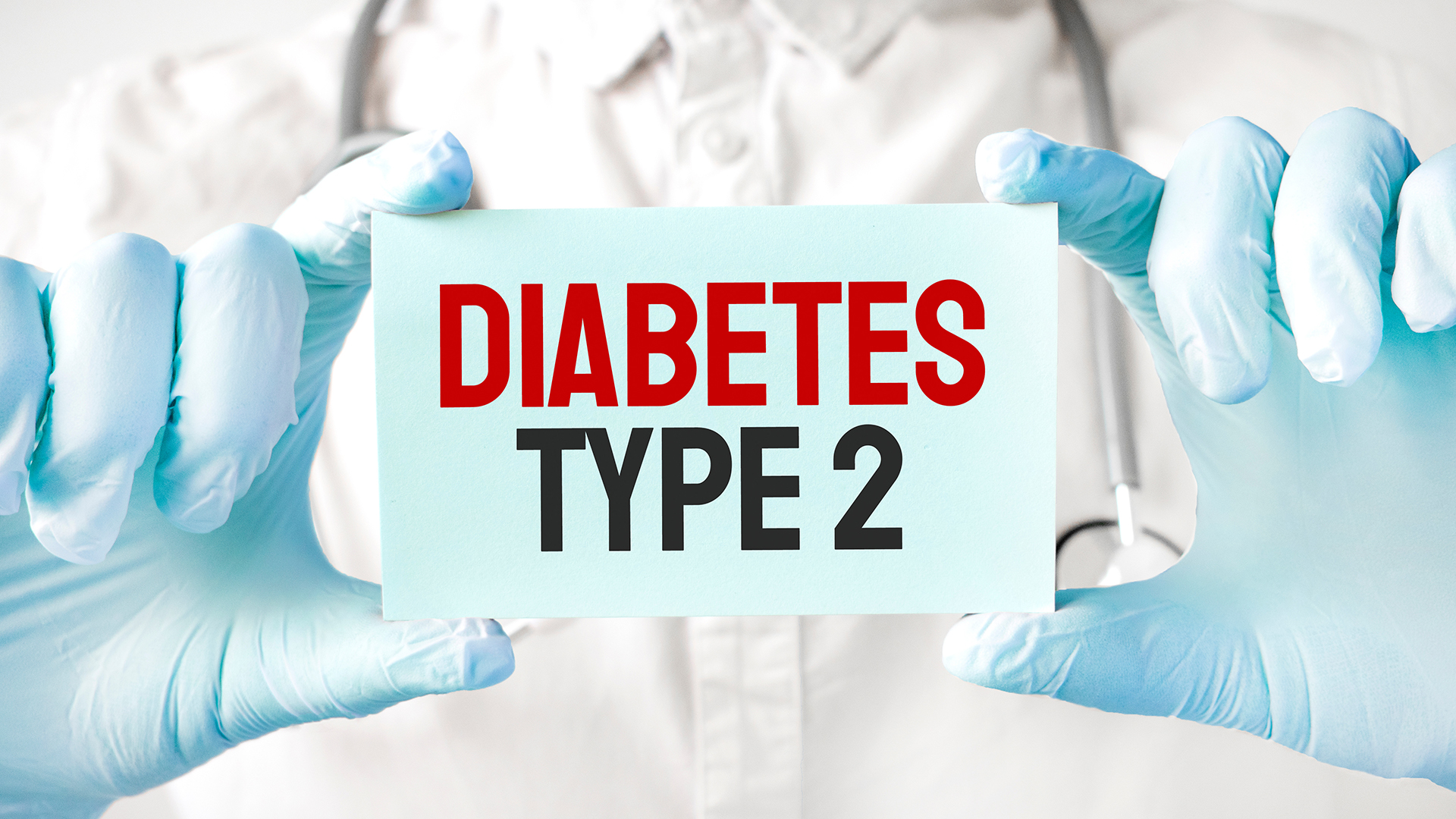Glucose (sugar) is a vital fuel source for our bodies, and insulin is a hormone that helps turn glucose into energy. Those diagnosed with type 2 diabetes either resist the effects of insulin or don’t make enough insulin to maintain proper glucose levels. No one knows why this happens exactly, but several factors raise your risk of developing type 2 diabetes. Though T2D has serious complications if not managed, education and lifestyle changes can help you live a full, healthier life.
Diabetes Risk Factors
Being overweight and inactive are the two major risk factors. 90% of people with diabetes are overweight. Other risk factors include:
- Gestational diabetes
- Having been diagnosed with Polycystic Ovary Syndrome
- Are 45 or older
- Are Black, Hispanic/Latino, American Indian, Asian American, or Pacific Islander
- Having a parent, brother, or sister with diabetes
As mentioned earlier, insulin is the hormone that helps sugar turn into energy. It does this by removing the sugar from the blood and moving it into the cells. Insulin also has other jobs, including when fats are stored, and blocks them from being released from storage. With T2D, your body’s response to insulin is broken, and it keeps making insulin to correct the issue. So, not only is the insulin not removing sugar from the blood, it makes it harder for people with diabetes to lose weight.
Managing Diabetes is Possible
The key to managing your type 2 diabetes is finding the right balance of healthy food, exercising, and regularly checking your blood sugar levels. The first step is learning about how food affects your blood sugar. The American Diabetes Association has several tools to get you set on the right path to include meal planning, recipes, and how to read labels. Regular physical activity is also recommended whether you are walking around the block, swimming in the pool, or doing a free YouTube cardio class. All that matters is that you start being more active.
Your doctor will tell you how many times a day to check your blood sugar levels since so many factors affect it. Even with these lifestyle changes, medications may still be needed to help keep it under control. Your blood sugar checks and regular A1C results help determine if further intervention is needed. Diabetic medications, such as sulfonylureas, are often prescribed to stimulate insulin production. Others help make the body more sensitive to insulin or decrease glucose production.
At InQuest, we understand the challenges of type 2 diabetes. We are currently seeking participants to enroll in a study looking to potentially help control their type 2 diabetes. To learn more, call (770) 903-0148 or fill out a contact form here.
References:
Mayoclinic.org | Type 2 diabetes
Virtahealth.com | Losing Weight with Type 2 Diabetes: 3 Reasons People Struggle
diabetes.org | Weight Loss: Getting Started: Back to Basics
Recent Posts
Three Ways to Deal with Heartburn
Heartburn Treatment Options Heartburn can be a difficult, painful, and distracting condition. Anyone who has experienced heartburn can understand the extreme discomfort and pain associated [...]
Does Obesity Run In Your Family?
Rare Genetic Variants May Be Causing Your Obesity Does obesity seem to run in your family? Have you struggled with your weight your entire life? [...]
Treatment for Type 2 Diabetes and Chronic Kidney Disease
Do You Have Chronic Kidney Disease? Metformin is a type of medication that is commonly used for patients with type 2 diabetes. It helps control [...]



